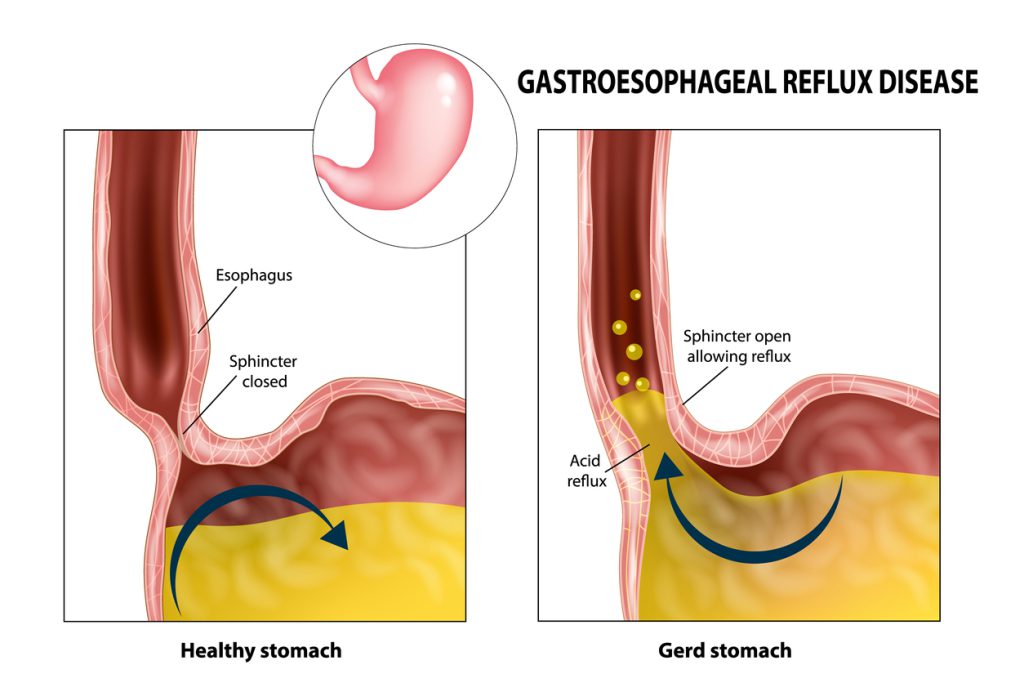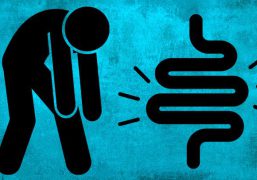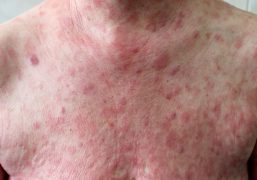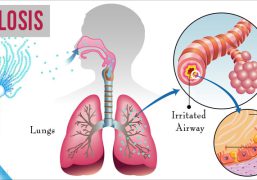GERD
Gastroesophageal reflux disorder (GERD) is a chronic digestive disorder in which stomach acid flows
back into the esophagus, causing irritation and inflammation. It is also commonly known as acid reflux.
The symptoms of GERD include heartburn, chest pain, difficulty swallowing, regurgitation of food or sour
liquid, and a sensation of a lump in the throat. These symptoms can occur occasionally or frequently and
can vary in severity.
The causes of GERD are complex and may include factors such as a weakened lower esophageal
sphincter (the muscle that normally prevents stomach acid from flowing back into the esophagus),
certain medications, obesity, and a hiatal hernia.
Treatment for GERD typically includes lifestyle modifications such as avoiding trigger foods, losing
weight if necessary, and avoiding eating before bedtime. In addition, medications such as proton pump
inhibitors and H2 blockers may be prescribed to reduce acid production in the stomach.
In severe cases, surgery may be necessary to repair or strengthen the lower esophageal sphincter or to
remove damaged tissue in the esophagus.
Treatment:
The treatment of GERD typically involves a combination of lifestyle modifications, medications, and in
some cases, surgery. Here are some common approaches to treating GERD:
1. Lifestyle modifications: Certain lifestyle changes can help alleviate GERD symptoms, including:
Avoiding trigger foods: Fatty and spicy foods, chocolate, caffeine, and alcohol can trigger
GERD symptoms. It’s best to avoid these foods or limit their consumption.
Eating smaller, more frequent meals: Large meals can increase pressure on the stomach,
causing acid reflux. Eating smaller, more frequent meals can help prevent this.
Not lying down immediately after eating: It’s important to wait at least 3 hours after eating
before lying down to allow the stomach to empty.
Losing weight: Obesity can contribute to GERD, so losing weight may help alleviate
symptoms.
2. Medications: Several types of medications can be used to treat GERD, including:
Antacids: These neutralize stomach acid and can provide immediate relief of GERD
symptoms.
Proton pump inhibitors (PPIs): These reduce the amount of acid the stomach produces and
are often prescribed for people with chronic GERD.
H2 blockers: These reduce the amount of acid the stomach produces and can be used in
combination with PPIs.
3. Surgery: In some cases, surgery may be necessary to treat GERD. This is typically reserved for
people who do not respond to lifestyle modifications and medication. Surgical options include
fundoplication, in which the upper part of the stomach is wrapped around the lower esophageal
sphincter to strengthen it, and LINX, in which a magnetic device is placed around the lower
esophageal sphincter to prevent acid reflux.
It’s important to talk to your doctor about the best treatment options for your specific case of GERD.






